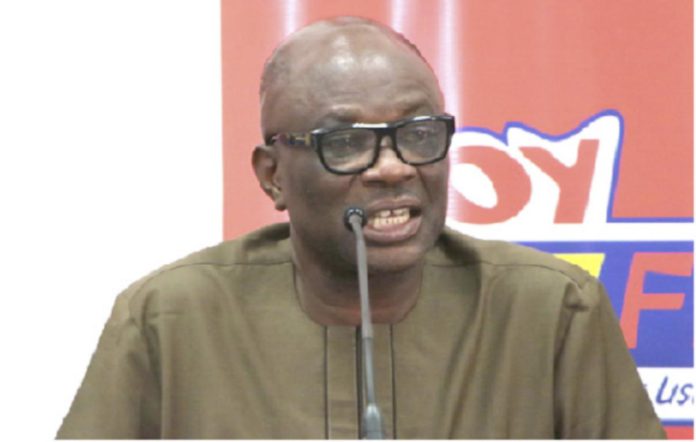The Ghana Union of Traders Association (GUTA) has announced plans to sign a Memorandum of Understanding (MoU) with all potential governments ahead of the upcoming elections.
This move is aimed at ensuring that the interests of its members are protected and that political parties honour their commitments if elected.
Speaking on Joy News’ PM Express, GUTA President Dr Joseph Obeng explained that, unlike previous elections, the association demanded to have a say in the formulation of party manifestos.
“In the past, they would formulate their own manifesto, and at the end of the campaign, they’d come and show it to us. But this election, we demanded that we want to factor our input into their manifesto because they are all potential governments,” Dr Obeng stated.
He noted the importance of this agreement, noting that GUTA wants to ensure it is not taken for granted.
The Association plans to hold future governments accountable to the terms of the MoU.
“We are very serious about this so that we are not taken for granted and can call the government back to order when it fails to fulfil its end of the bargain,” he added.
GUTA has been vocal about the economic challenges faced by its members, particularly the depreciation of the cedi and rising freight charges from Asia, which have made the cost of doing business increasingly unbearable.
The Association has urged government to sustain the economic gains achieved since returning to the IMF, as these are crucial for the business community.
Dr Obeng also expressed the need for greater accountability, stating, “First, we were just building the manifesto. Then after you finish, we demand that let’s put a signature somewhere so that we can refer to it. I think it’s fair because we have to go beyond some of these red territories and then demand proper accountability.”
GUTA’s decision to secure formal agreements with political parties highlights its commitment to safeguarding the interests of traders and ensuring that their voices are heard in the policymaking process.


